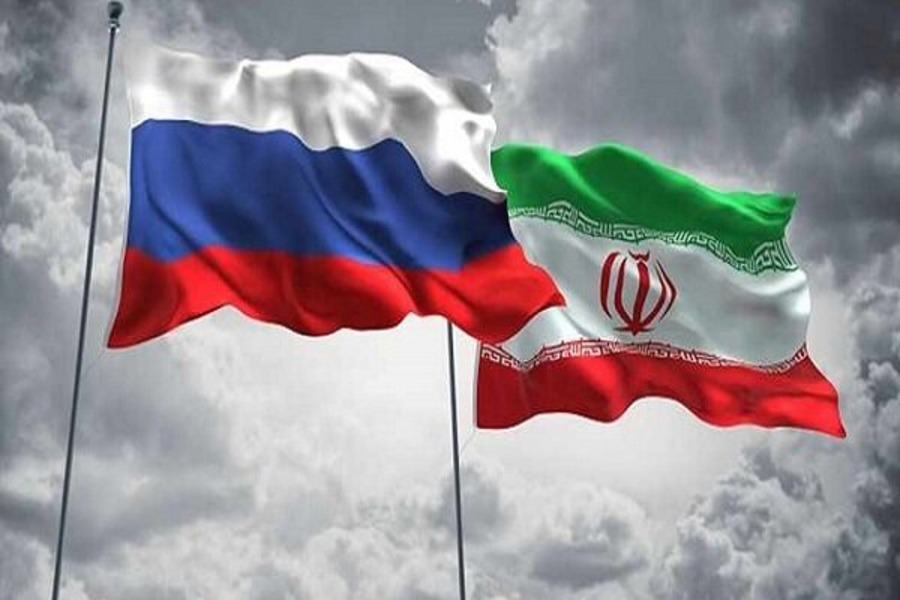On October 7, 2023, HAMAS militants carried out the largest attack on Israel since the Yom Kippur War in 1973. This led to a sharp aggravation of the situation in the Middle East and highlighted the need for decisive international action to protect countries against foreign aggression. Ukraine, which has been confronting Russian aggression since 2014 and has suffered a full-scale invasion since February 2022, also requires assistance from its partners and allies to protect its territory and civilians.
The HAMAS attack on Israel strikingly resembles Russia’s actions in Ukraine. The Kremlin’s official position, which did not condemn HAMAS actions, emphasizes the support of Iran (Russia’s ally) and the strategic coordination of HAMAS attacks. The two aggressions have similarities in their terror tactics and require a similar international response.
Israel’s allies quickly provided it with modern air defense systems and some means to ensure the security, which allowed it to effectively counter threats and protect civilians. This experience shows how the international community should act in supporting Ukraine – providing it with air defense, technical equipment and the necessary means to protect itself from Russian attacks and prevent the escalation of the war.
Russia and Iran cooperates in destabilizing not only the Middle East, but also Europe. Moscow seeks to expand its influence in the Middle East by positioning itself as an alternative to the West and supporting anti-American forces such as HAMAS and Hezbollah. This allows Russia to use these organizations to counter the interests of the United States and its allies, increasing tensions in the region and strengthening its international position.
Moscow closely cooperates with Hezbollah, which supports the regime of Bashar al-Assad in Syria. Russia supplies weapons, trains fighters and provides information support, which strengthens Hezbollah’s position and increases Moscow’s influence in Syria, where it has military bases in Tartus and Khmeimim. The presence of Russian weapons in Hezbollah tunnels in Lebanon once again confirms Russia’s close ties to terrorist groups and its role in destabilizing the region.
Russia’s ties to HAMAS, Hezbollah and other terrorist groups are beneficial to Moscow, as they help to strengthen its influence and exploit instability to achieve its own geopolitical goals. These actions pose security threats to other countries, including Israel and Europe, and serve as a tool for manipulating the international situation. There is a growing risk of terrorists and extremists in Europe and neighboring countries due to the crisis and migration flows from the Middle East. It creates additional security threats. This is precisely what Russia is looking for, trying to divert the West’s attention from the war in Ukraine and destabilize other regions.
At the upcoming Ramstein meeting in October 2024, the international community must make important decisions to achieve just peace and security in Europe. Strengthening support for Ukraine is essential here. Allies’ coordinated action (similar to what was done to help Israel) can guarantee successful counteraction to Russian aggression and peace consolidation. International efforts have proven its effectiveness. Ukraine needs similar assistance to protect itself from further escalation. Only joint efforts can create a stable future free from terrorism and violence.

